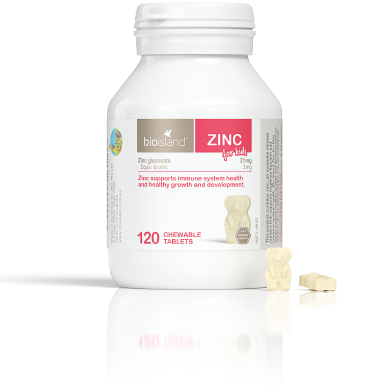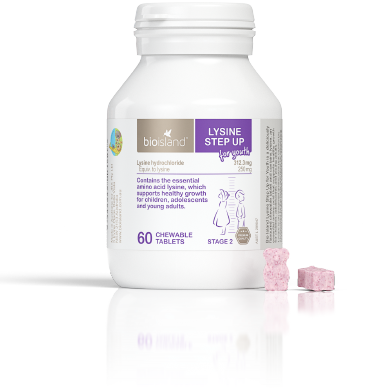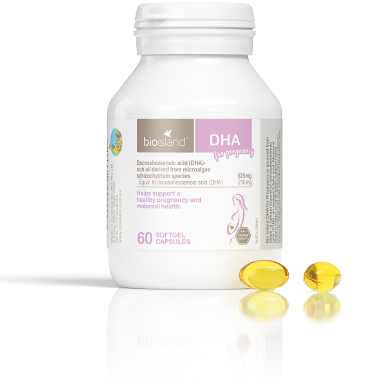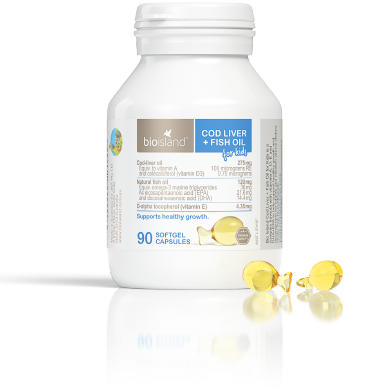
Endocrine system explained in males and females
The endocrine system is a complex system of glands that release hormones, and they play vital roles in many essential functions.
By Bio Island Nutrition Team
The endocrine system is a complex system of glands that release hormones, which are chemical messengers in the blood stream that carry information and instructions from one set of targeted cells to another. These hormones play vital roles in multiple essential life functions from fighting infections, to metabolising the food we eat, in our growth and development and in reproduction.
The endocrine glands are the same in both male and females except for the reproductive glands, the testes in males and ovaries in females.
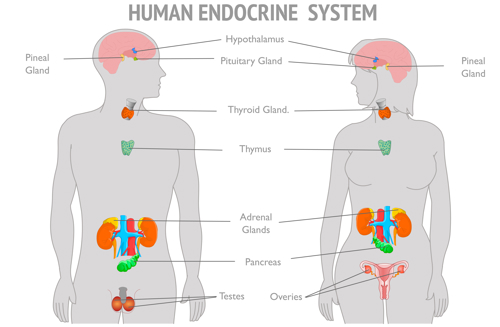
Endocrine glands and what they do
Pineal Gland:
The pineal gland secretes melatonin that is released in a dark environment and plays a role in setting our body clock into its sleep rhythms and regulates certain reproductive hormones.
Hypothalamus:
The hypothalamus is responsible for maintaining the body’s internal balance, known as homeostasis. It is the link between the endocrine and nervous systems and produces and inhibits numerous hormones that will stop and start the production of other hormones throughout the body.
Pituitary Gland:
The pituitary gland is made up of two lobes, the anterior and posterior lobes and have very different functions. The anterior lobe produces and releases numerous hormones where the posterior lobe releases hormones into circulation sent from nerve cells in the hypothalamus.
As this gland is regulated by the hypothalamus it also has a direct link between the endocrine and nervous systems so emotional, stressful and painful situations can effect hormone secretion from this vital gland that targets sites for reproduction, organs and even other endocrine glands.
Thyroid:
The thyroids main role is to regulate the body’s metabolism, which is the ability to breakdown the food we eat and convert it to the energy for fuel. It also regulates other vital processes in the body including breathing, muscle strength, cholesterol levels, menstrual cycles and much more. It is the only gland in the endocrine system that stores the hormones it produces in large quantities for later utilisation. It is important that these hormone levels are neither too high or too low and it’s the job of the hypothalamus and the pituitary to keep them in balance.
Parathyroid gland:
The parathyroid gland are four small glands located behind the thyroid gland. As well as being an integral part of the endocrine system, they help the nervous and muscular systems function properly and regulates the concentrations of calcium, magnesium and phosphate ions in the blood.
Thymus:
The thymus gland is also made up of two lobes and is only active until puberty. Decreasing in size during adolescents, it’s main function while it is active is to help the body protect itself against autoimmunity as it promotes the maturation of disease fighting T cells into functioning immune cells. Fortunately the thymus produces all of your T cells by the time you reach puberty when it then begins to shrink and becomes replaced by fatty tissue.
Pancreas:
The pancreas is unique in that it is releases both hormones into the blood and enzymes through ducts. Because of its duel function it is both an endocrine and exocrine gland. The pancreas also belongs to the digestive system with most of its cells working on the digestive side. It produces hormones such as insulin, glucagon, somatostatin and gastrin which play an important roles in maintaining sugar and salt balance in our bodies.
Adrenal Gland:
The adrenal gland produces hormones that are essential in helping our bodies respond and react to stress as well as helping control blood pressure. They comprise of two distinct structures, the adrenal cortex and the adrenal medulla but have very different functions.
The adrenal cortex produces corticosteroid hormones that are vital for life. They regulate the conversion of macro nutrients into energy, help regulate blood pressure and cardiovascular function and regulate immune response and supresses inflammatory reactions.
The adrenal medulla releases hormones after the sympathetic nervous system is stimulated in times of stress. These hormones increase your heart rate, release glycogen and cause vasoconstriction which can result in high blood pressure.
Ovaries and Testes:
The ovaries and testes are vital endocrine glands that are responsible for sexual maturation and are our primary reproductive organs.
The ovaries maintain the health of the female reproductive system. They produce hormones that are crucial for normal reproductive development and healthy fertility as well as the normal development of female physical characteristics.
The testes are the primary reproductive organ in males. They produce the essential hormones for the regulation of sperm production and the normal development of male physical characteristics.
This information does not take into account your personal situation and is general in nature. You should consider whether the information is appropriate for your needs and seek professional medical advice.
Always consult your healthcare professional before taking any supplements or if any concerns arise.

